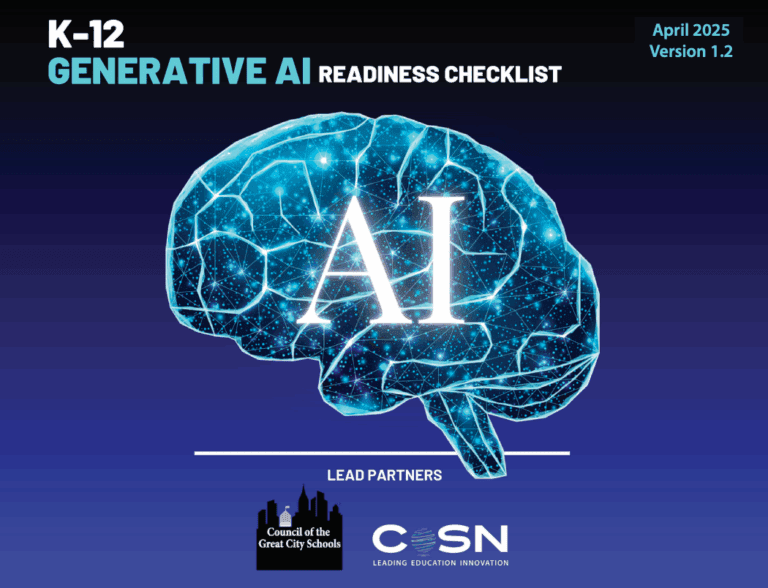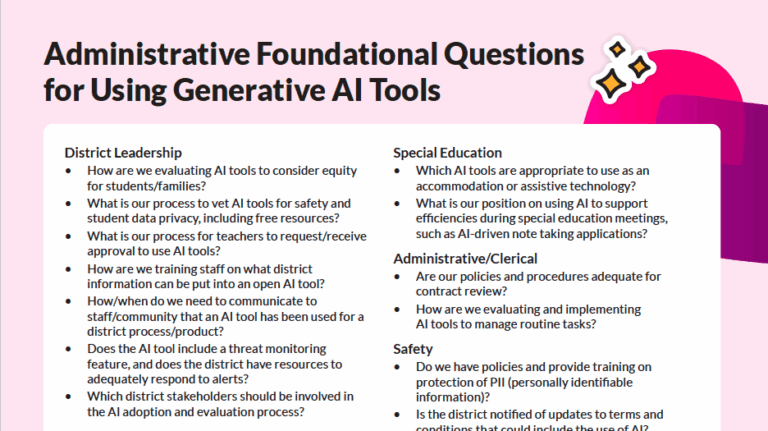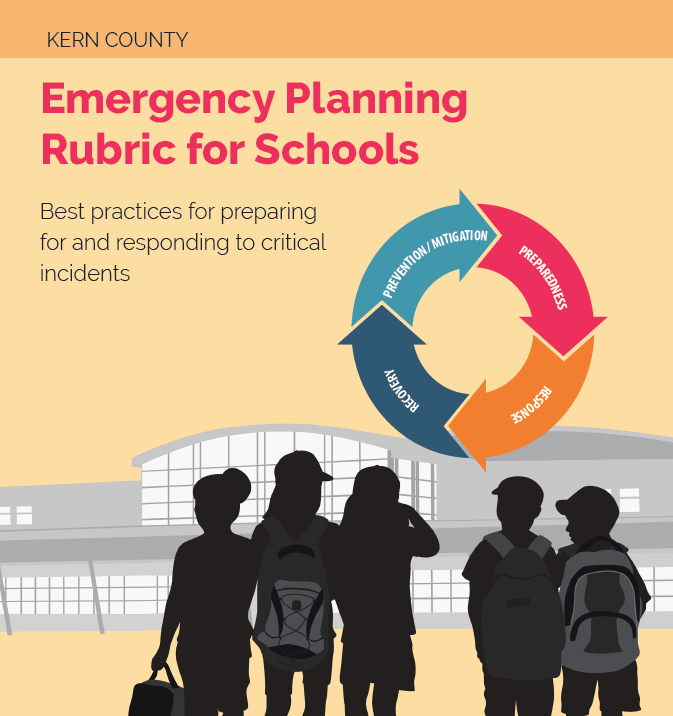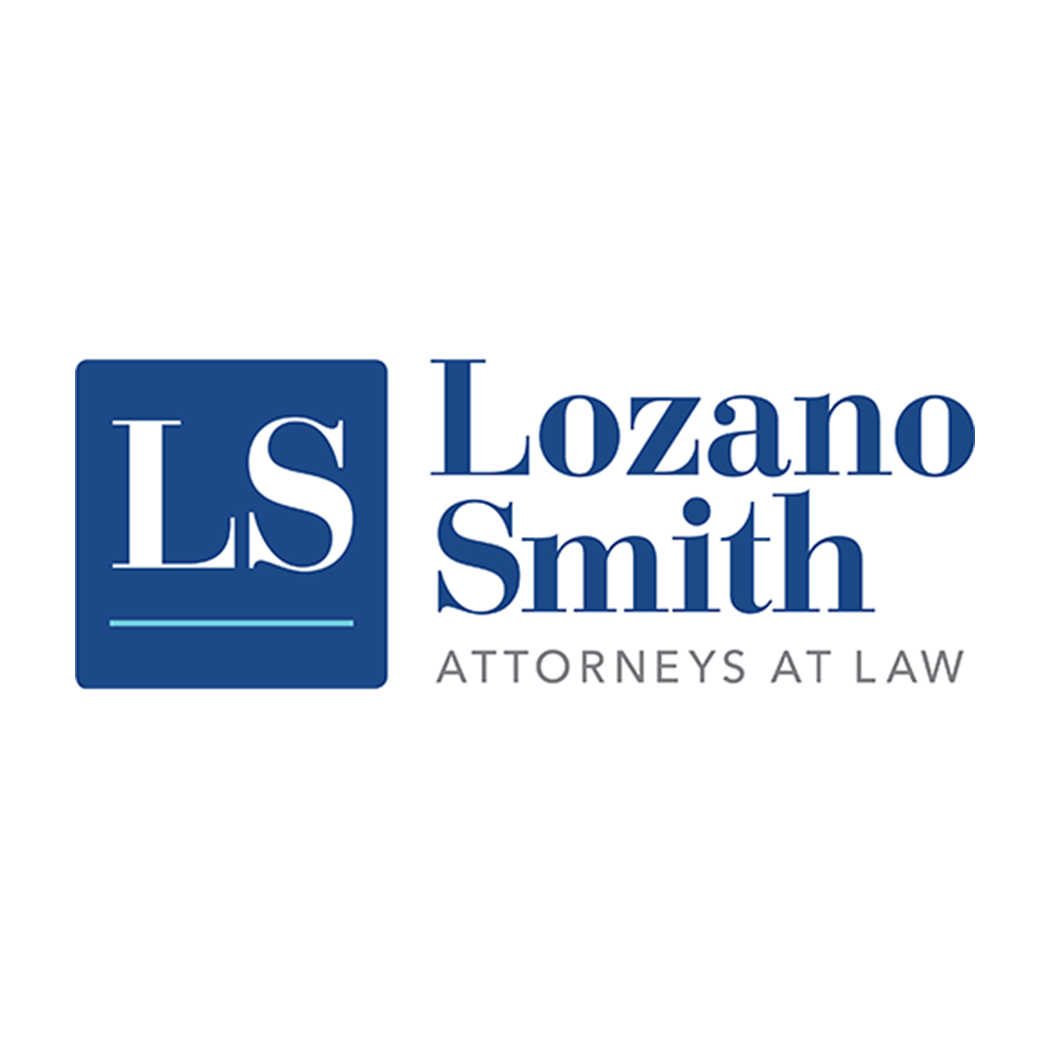This resource is provided by ACSA Partner4Purpose Lozano Smith.
On October 8, 2023, Governor Newsom signed three new bills into law, making it easier for local educational agencies, including charter schools (LEAs) to provide certain forms of emergency aid to individuals in medical distress related to anaphylactic reactions (AB 1651), respiratory distress (AB 1283), and opioid overdoses (SB 234). All three bills, which went into effect January 1, 2024, are summarized below.
Assembly Bill (AB) 1651 – Pupil health: Emergency Medical Care: Epinephrine Auto-Injectors
Current law requires LEAs to provide emergency epinephrine auto-injectors to school nurses or trained personnel who have volunteered and authorizes school nurses or trained personnel to use emergency epinephrine auto-injectors to provide emergency medical aid to persons suffering, or reasonably believed to be suffering, from an anaphylactic reaction.
AB 1651 amends Education Code section 49414 by further requiring LEAs, among other things, to store epinephrine auto-injectors in an accessible location for emergency use and to include that location in specified annual notices. Written training materials must also be made accessible, for example, by posting them at the location where the epinephrine auto-injectors are stored. The bill further authorizes individuals with Activity Supervisor Clearance Certificates to be designated as “volunteers” or “trained personnel” who may administer epinephrine injections with appropriate training.
The goal of this new law, as stated by the Legislature, is to provide easier and quicker access to life-saving medication to aid those persons experiencing anaphylaxis.
AB 1283 – Pupil Health: Emergency Stock Albuterol Inhalers
AB 1283 permits LEAs to provide emergency stock albuterol inhalers, including single-use disposable holding chambers, to school nurses and trained personnel who have volunteered, and authorizes school nurses and trained personnel to use an emergency stock albuterol inhaler to give emergency medical aid to persons suffering, or reasonably believed to be suffering, from respiratory distress. The bill also protects LEAs from civil liability when school nurses or trained volunteers administer inhalers for emergency aid, apart from acts or omissions constituting gross negligence or willful or wanton misconduct.
LEAs are encouraged and recommended to have a minimum of two school employees trained to administer the albuterol inhalers to individuals in respiratory distress. Employees must receive initial and annual refresher training, during their regular work hours and at no cost to them. The minimum standards of training for albuterol inhaler administration will be posted on the California Department of Education website and will include: techniques for recognizing symptoms of respiratory distress, standards and procedures for albuterol inhaler storage and emergency use, emergency follow-up procedures, and more.
Senate Bill (SB) 234 – Opioid Antagonists: Stadiums, Concert Venues, and Amusement Parks
Please see our 2024 Client News Brief Number 5 for a discussion of SB 234, which contains new requirements to maintain opioid antagonists at certain types of facilities and venues.
Takeaways
LEAs should consider their obligations under these new bills, and related practical and operational considerations, including:
- Timing and logistics relative to staff and/or volunteer training, medication storage, and medication procurement.
Consider legal requirements for storage and accessibility of lifesaving medications, including emergency epinephrine auto-injectors, stock albuterol inhalers, and naloxone hydrochloride. - LEAs should consider whether their facilities and/or events—for example, a theater or auditorium hosting a concert—might trigger obligations under SB 234.
- LEAs owning or operating stadiums, concert venues, or amusement parks should coordinate to ensure that event staff—for example, at sporting events—are aware of the location of the opioid antagonist.
- Plan to update annual notices consistent with new legal requirements.
If you have any questions about these new bills or would like to discuss any legal matters related to student health laws, please contact any attorney at one of Lozano Smith’s eight offices located statewide.
































